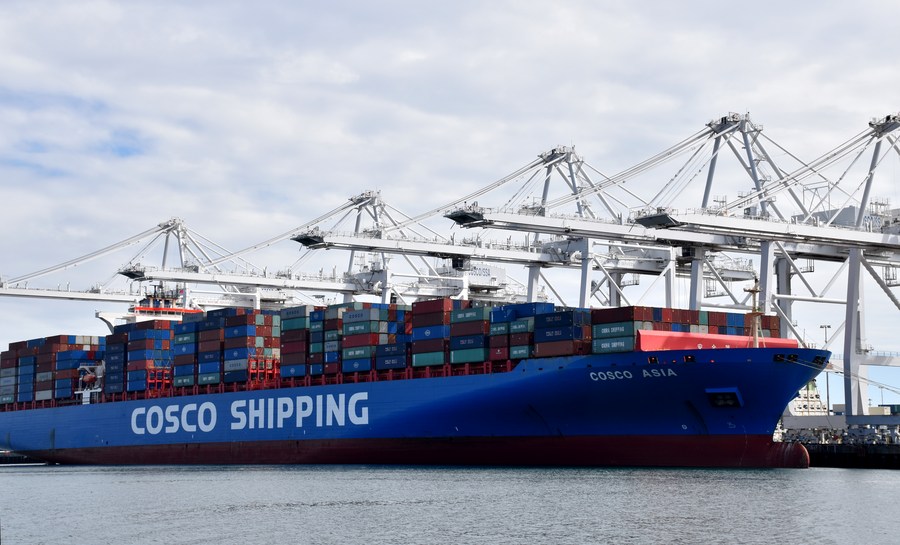Trade War Is Still Hurting American Citizens

It is time for the U.S. administration to make the case to the American people that increasing tariffs or keeping them high – never a good idea – is economic malpractice in a time of record inflation.
While running for President of the United States, Joe Biden promised to end Donald Trump’s failed trade war.
“The only people paying the price are farmers and working people,” Biden said while campaigning in 2019.
Biden has now been president for more than one year. So, why hasn’t he ended the trade war?
Trump imposed import taxes on Americans totaling about $50 billion in direct costs every year, in addition to secondary and tertiary costs in terms of higher prices and strains on the economy. According to the American Action Forum, Trump’s tariffs also cost $73 billion in additional taxes levied on American exports caused by the trade war. In addition, the World Trade Organization ruled that most of the tariffs related to China were illegal.
And yet Biden has left most of them in place.
Since China and the U.S. signed the Phase 1 trade agreement in early 2020, the U.S. has not paid much effort to engaging China in talks about loosening trade restrictions further.
According to Reuters, American officials have blamed China for not doing enough. They point to numbers from the Peterson Institute for International Economics which show that, while China increased purchases of American goods, they still haven’t matched what the Trump administration hoped for in its deal.
Biden officials also criticized the deal, saying they “inherited” it from Trump. To be fair to Biden, it was not a great deal. Trump was not a good negotiator, and he was fixated too much on absolute numbers and less on real-world conditions. But Biden’s team can always negotiate a new deal if they think they can do better.
Trade is one of the few areas President Biden has significant power to shift policy. However, he faces stiff Republican opposition in the Senate chamber, where any loss of a single Democratic vote makes it impossible to pass legislation.

But the president has near unilateral power over tariffs and trade policy. He can raise or lower tariffs if he wants. He can cancel Trump’s emergency orders unilaterally issued to legitimize his tariff hikes. Trump started the trade war without input from the legislature, and Biden can end it without the legislature.
Biden has already cut tariffs on Japanese, European, and U.K. steel and aluminum. He put quotas on each, with 3.3 million metric tons of steel allowed to be imported from the EU duty-free, for example. However, the Section 232 and Section 301 tariffs on China remain untouched.
According to political analysts, political circumstances make it difficult for Biden to do anything. “I think the continued inflammatory rhetoric that President Trump has used toward China has made it impossible for any administration to come in and change course immediately,” said Chad Bown, a senior fellow at the Peterson Institute for International Economics.
Biden is, however, partially responsible for the political problem. He has been unable to reframe the narrative. Worse, he hasn’t even tried to explain why the continued trade war is bad for American citizens and the country.
If he lets the anti-China narrative go unchallenged, it will harden into conventional wisdom.
The underlying facts about the dire impact of American tariffs on the economy remain as true today as they were when Biden criticized the tariffs in 2019 and 2020. As the National Bureau of Economic Research found, it remains true that “U.S. consumers of imported goods have borne the brunt of the tariffs through higher prices.” Biden was right when he said it hit farmers and U.S. manufacturers hard. Political attacks on China don’t change those facts.
With inflation on the rise and supply chains in disarray, the situation will only worsen. It is time for the U.S. administration to make the case to the American people that increasing tariffs or keeping them high – never a good idea – is economic malpractice in a time of record inflation.
 Facebook
Facebook
 Twitter
Twitter
 Linkedin
Linkedin
 Google +
Google +










